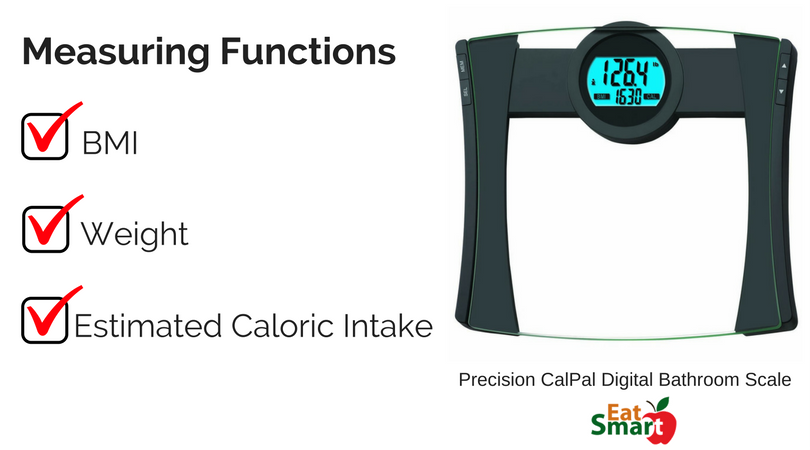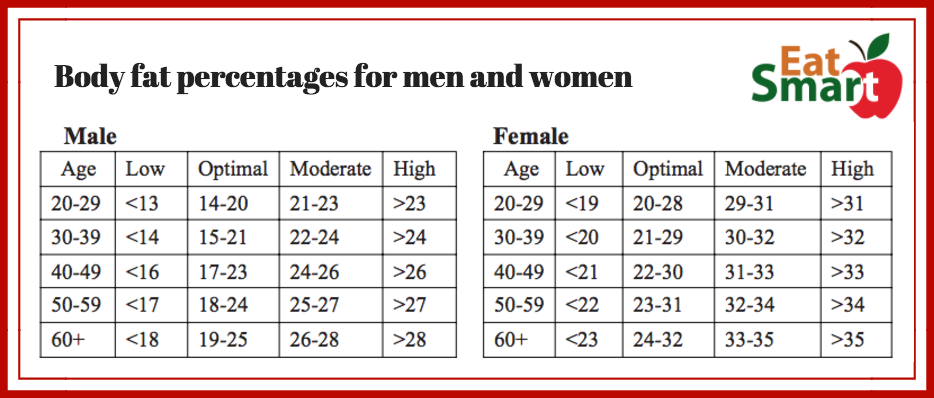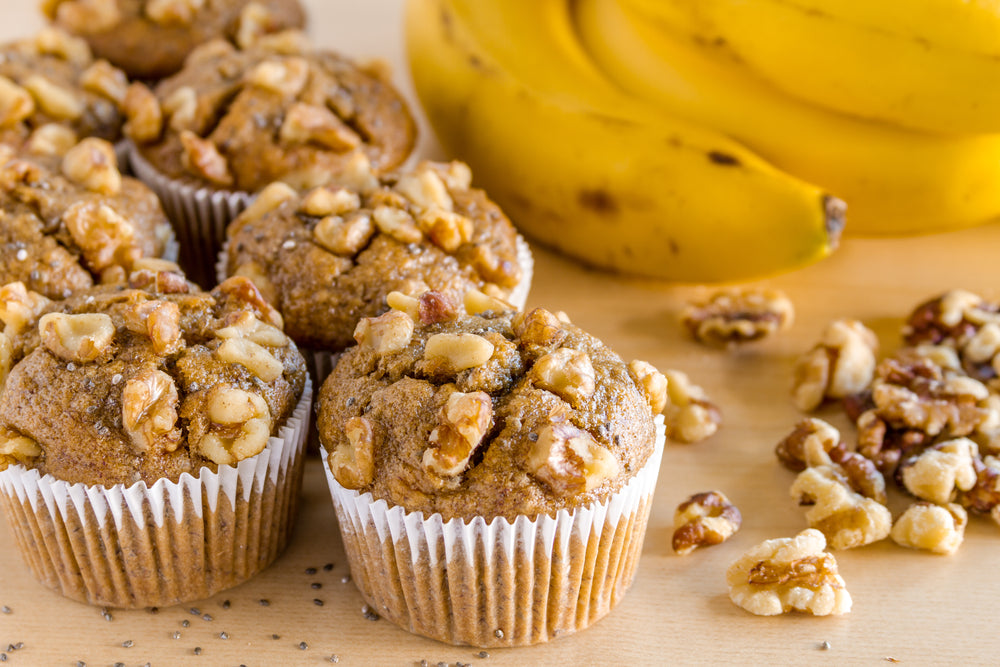BMI (Body Mass Index) and body fat percentage are popular measures to help determine your level of health and fitness. When used properly, they provide a more complete picture of your health than simply monitoring your weight. If you want to gain muscle or lose weight, understanding your BMI and body fat percentage will help you set appropriate health goals and track your progress. x 703 BMI ranges:
Body fat percentages chart:



Why measure BMI?
BMI is commonly used by doctors, wellness facilities, and within the insurance industry. It is based on a height to weight ratio, and is an indicator of your body size. It’s a general score that was designed to determine if you are within a “healthy range” for BMI. It’s also a way to assess risk for disease, as people with very high and very low BMIs are most likely to develop health problems. However, the downside of BMI is that it doesn’t take into account body composition. An athlete with high muscle mass and low body fat may register as “obese” due to a high weight reading relative to their height. For example, a male wrestler in top physical condition might be 6’2”, weigh 220 pounds and have a BMI of 28. 28 is bordering on obese, which clearly isn’t correct.How to determine BMI
You can calculate your BMI by using the following formula:BMI ranges:
Why measure Body Fat Percentage?
Your body fat percentage represents the proportion of fat on your body, as opposed to muscle, bone, and other lean tissue mass. For some avid exercisers and dieters, measuring body fat can be a more accurate measure of health than the weight on a standard bathroom scale. For example, as you begin an exercise regime, your body fat may be decreasing and your muscle mass increasing. If these happen simultaneously, you may not see a change on the scale – or you may even gain a few pounds! This can be very demotivating. The advantage of using body fat percentages is that it provides you with a breakdown of your body composition, tailored to your individual body type. Healthy body fat ranges differ for men and women.How to calculate body fat percentages
Body fat can be measured in a variety of ways. Skin fold calipers, hydrostatic weighing, body pods, and Bioelectrical Impedance Analysis (BIA), found in certain bathroom scales, are methods to measure body fat.Body fat percentages chart: 
How to measure BMI and Body Fat Percentage at Home
EatSmart scales that measure BMI
Rather than doing the math yourself, the Precision CalPal Digital Bathroom Scale will instantly calculate your BMI. You simply establish a user profile, then each time you use the scale it will display your BMI. The user profile includes your height, gender, age and activity level. The CalPal Bathroom Scale measures weight up to 440 lbs. It features a daily caloric intake that estimates the number of calories needed per day to maintain your current weight. This scale remembers profiles for up to 4 users and recognizes them when they step on the scale based on past weights.
EatSmart scales that calculate Body Fat Percentage
The Precision GetFit Digital Body Fat Scale uses BIA technology to measure body fat percentages. In bare feet, this technology sends a low-level electrical signal though your body fat and then measures the resistance the signal encounters. This signal is perfectly safe and will not be felt. Once you establish a user profile, which includes gender, height, age, activity level and weight, the scale quickly calculate your body composition. The GetFit Digital Body Fat Scale measures five important health metrics: weight, body fat, body water, muscle mass and bone density. It weighs up to 400 lbs and stores personal profiles for up to eight users.
EatSmart Scales that measure BMI and Body Fat Percentage
If you want to track both BMI and body fat percentage, the Precision Body Fat Bathroom Scale is right for you. After an easy profile set-up, it measures seven health metrics including weight, BMI, body fat percentage, body water, muscle mass, bone density and daily caloric intake. The Body Fat Scale uses BIA technology and weighs up to 400 lbs. Auto recognition software, which stores up to 8 unique user profiles, recognizes the individual user as soon as they step onto the scale.



Leave a comment
This site is protected by hCaptcha and the hCaptcha Privacy Policy and Terms of Service apply.